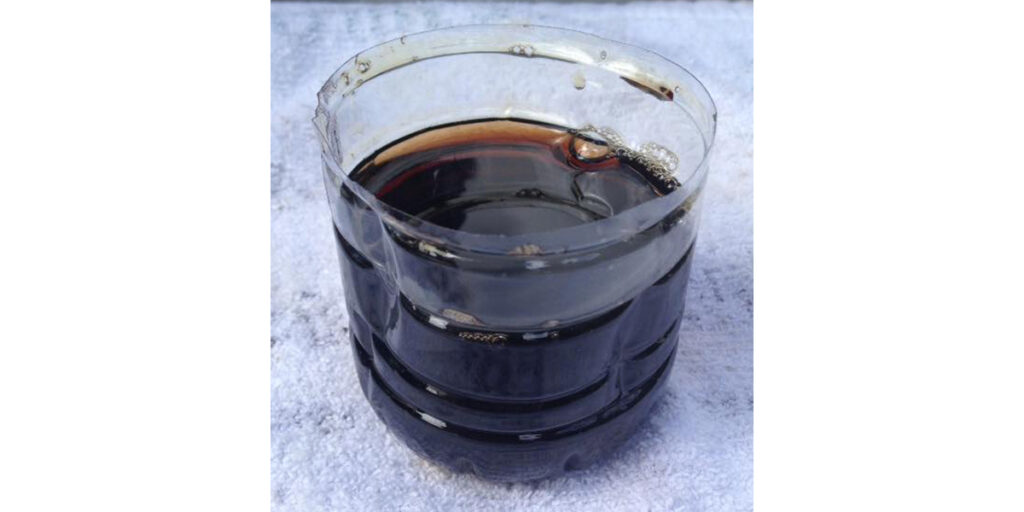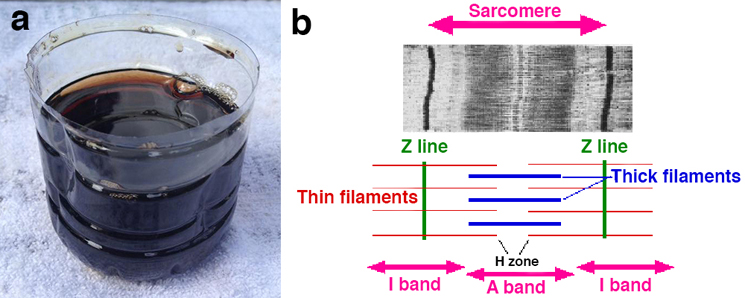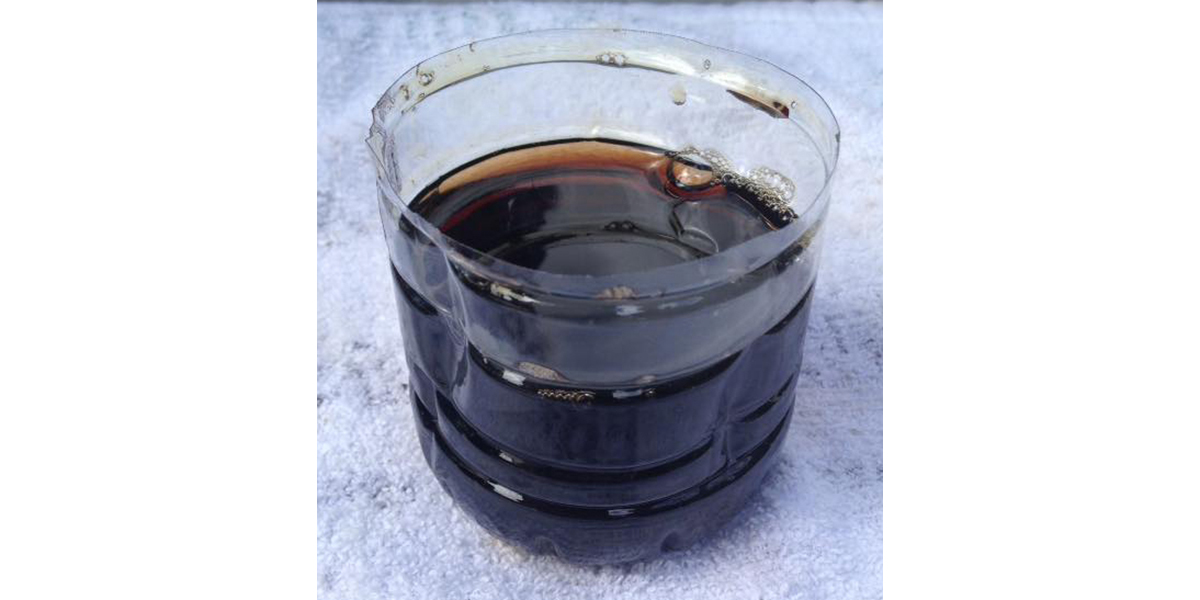Blog
Arabian MFM

This was written in response to a post on the PSSM Forum on Facebook.
- What exactly is negative nitrogen balance?
- Does negative nitrogen balance occur only in horses with PSSM2?
- What causes negative nitrogen balance?
- What are the symptoms of negative nitrogen balance?
- How can you reverse negative nitrogen balance?
Negative nitrogen balance is a normal process that is helpful under the right circumstances. It is not confined to PSSM horses. You have certainly experienced it yourself. There are some circumstances under which you cannot consume enough dietary protein to meet your needs for amino acids. When you have the flu, for example, your immune system is working hard and you need a lot of amino acids to synthesize proteins. Your body tears down muscle in order break protein down into amino acids for use elsewhere. Some of the amino acids are burned for energy.

Skeletal or striated muscle is made up of basic units called sarcomeres (part b of the image above shows the structure of a sarcomere). The sarcomere is bounded by Z discs. Attached to the Z disc are thin filaments composed of actin that overlap thick filaments composed of myosin in the center of the sarcomere. When a muscle contracts, the thick filaments slide relative to the thin filaments. Because the thin filaments are anchored to the Z discs, this sliding causes the sarcomere to contract.
Myofibrillar Myopathy is a term borrowed from human medicine that is used for a group of inherited myopathies (defects of muscle) caused by defects in different genes. Muscle tissue from human patients with Myofibrillar Myopathy shows ectopic aggregates of Z disc proteins including desmin, crystallin, and other proteins that are normal components of the Z disc. Horses with Arabian MFM show desmin-positive aggregates in muscle similar to those seen in human patients with Myofibrillar Myopathy [2]. Transmission electron microscopy shows Z disc fragmentation and streaming [2].
A recent study by Dr. Stephanie Valberg and collaborators shows that horses with Arabian MFM have a defect in the defense against reactive oxygen species, such as hydrogen peroxide (H2O2) [3]. Reactive oxygen species are a byproduct of normal cellular energy production. Normal cells have a variety of defenses against reactive oxygen species, including cysteine-dependent antioxidants such as peroxiredoxin, the protein product of the PRDX6 gene.
Valberg et al. propose that myofibrillar disorganization and desmin aggregation seen in Arabian MFM result from protein oxidation and depletion of cysteine-dependent antioxidants. It is possible that dietary supplementation with antioxidants or with compounds that are precursors to the cellular cysteine-dependent antioxidant glutathione may be of value in managing Arabian MFM.
The genetic basis of Arabian MFM has not yet been identified. Identification of a candidate genetic variant associated with Arabian MFM would allow the testing of a large group of horses to see if all horses meeting the diagnostic criteria for Arabian MFM have the genetic variant, and if the genetic variant is found outside of the Arabian breed. Identification of a causative genetic variant for Arabian MFM might also guide the development of a management strategy. Ultimately, a DNA test for a genetic variant associated with Arabian MFM would allow selective breeding to reduce the incidence of the variant in Arabians.
Citations
[1] Valberg, SJ 2018. “Muscle Conditions Affecting Sport Horses.” Vet Clin Equine. 34(2):253-276. PMID: 29853158.
[2] Valberg, SJ et al. 2016. “Suspected myofibrillar myopathy in Arabian horses with a history of exertional rhabdomyolysis.” Equine Vet J. 48(5):548-56. PMID: 26234161.
[3] Valberg, SJ et al. 2018. “Proteome and transcriptome profiling of equine myofibrillar myopathy identifies diminished peroxiredoxin 6 and altered cysteine metabolic pathways.” Physiol Genomics. 50(12):1036-1050. PMID: 30289745.
Share this post
From the blog
The latest industry news, interviews, technologies, and resources.
